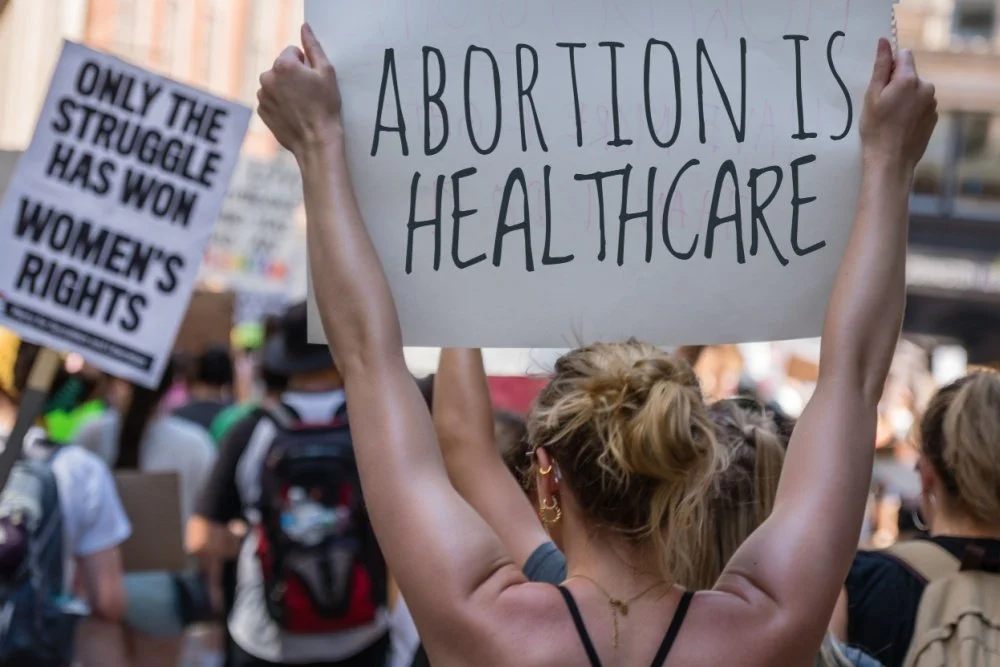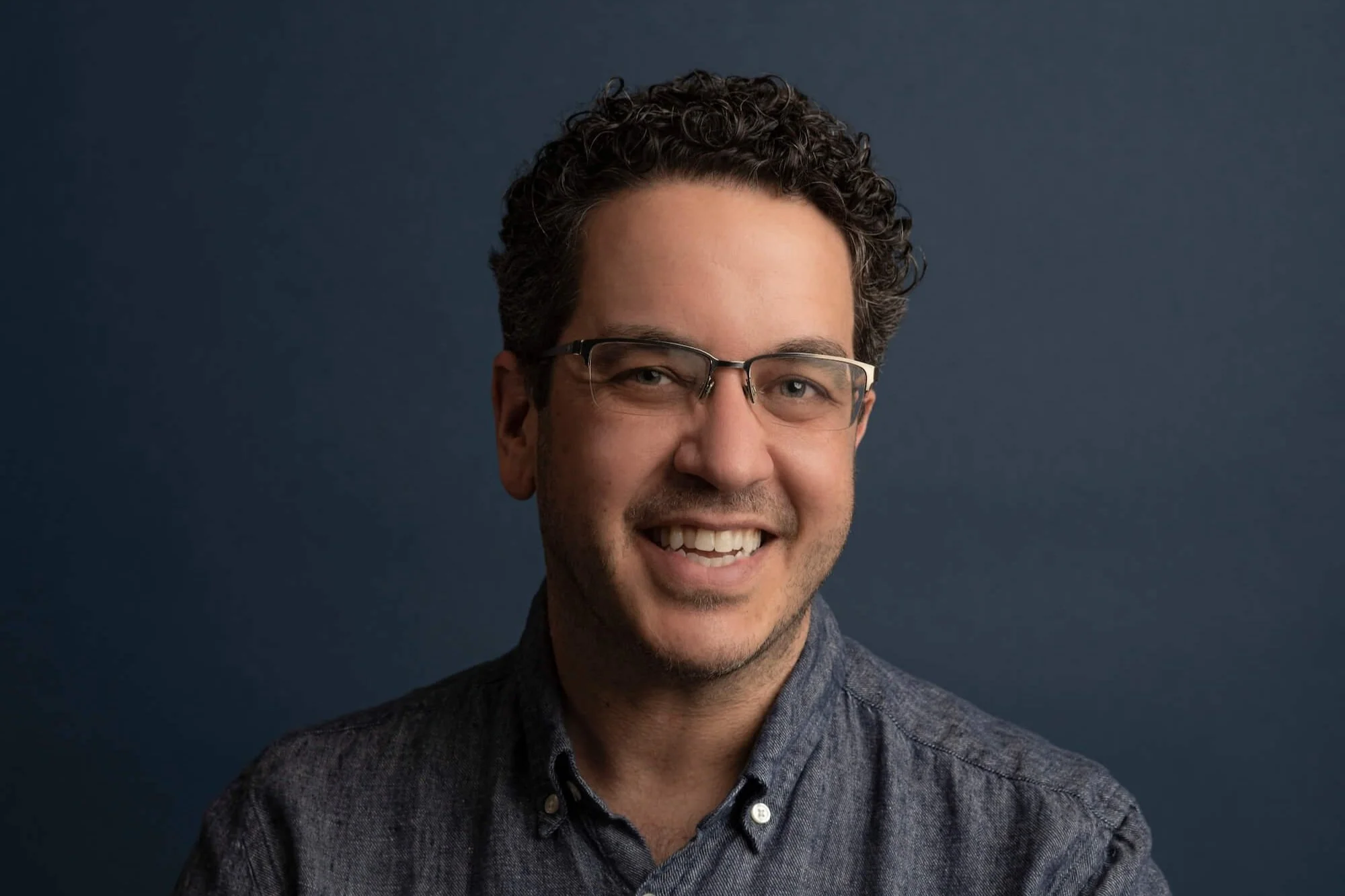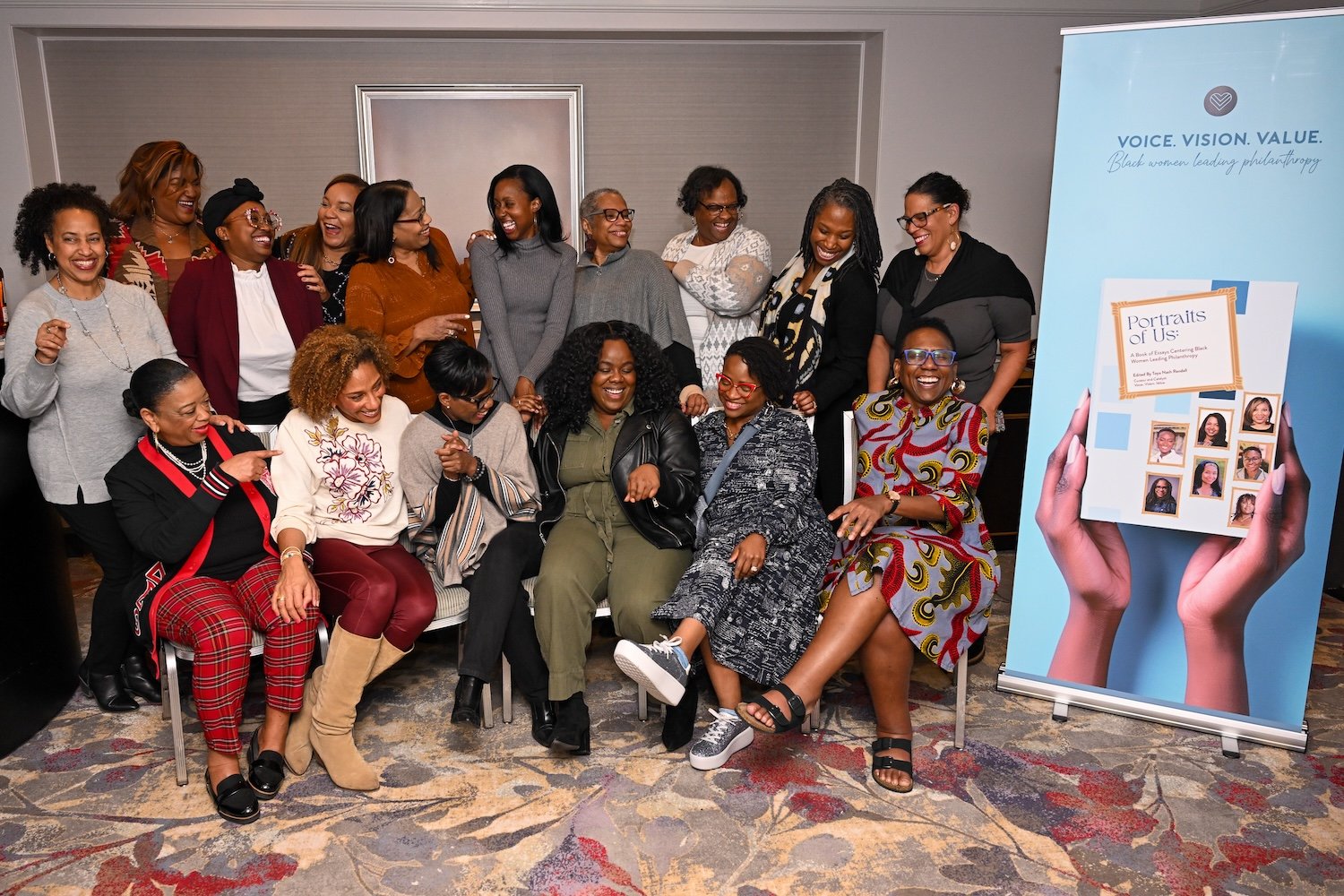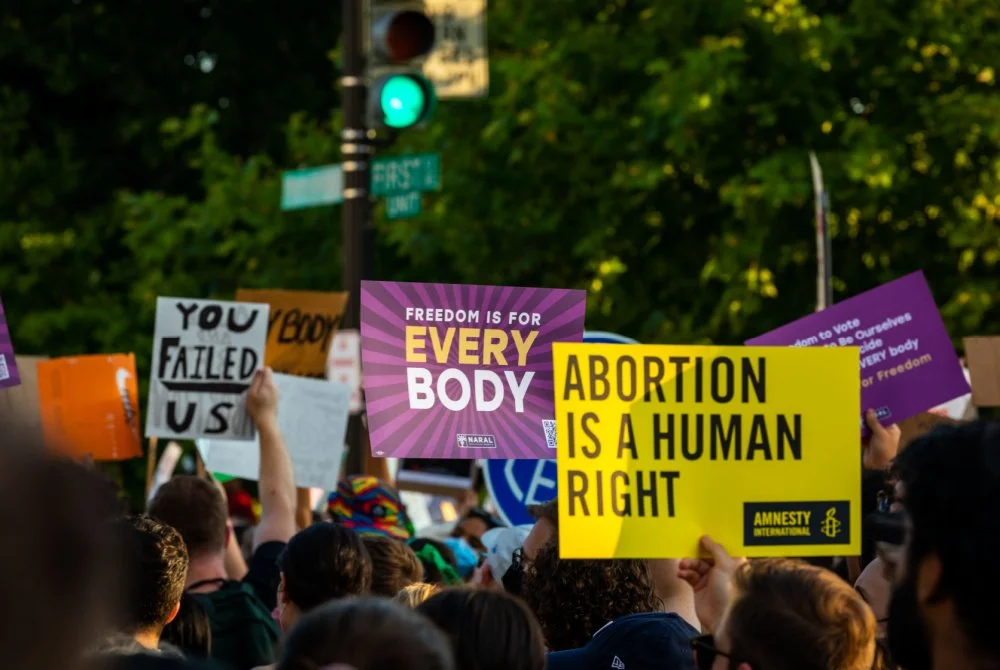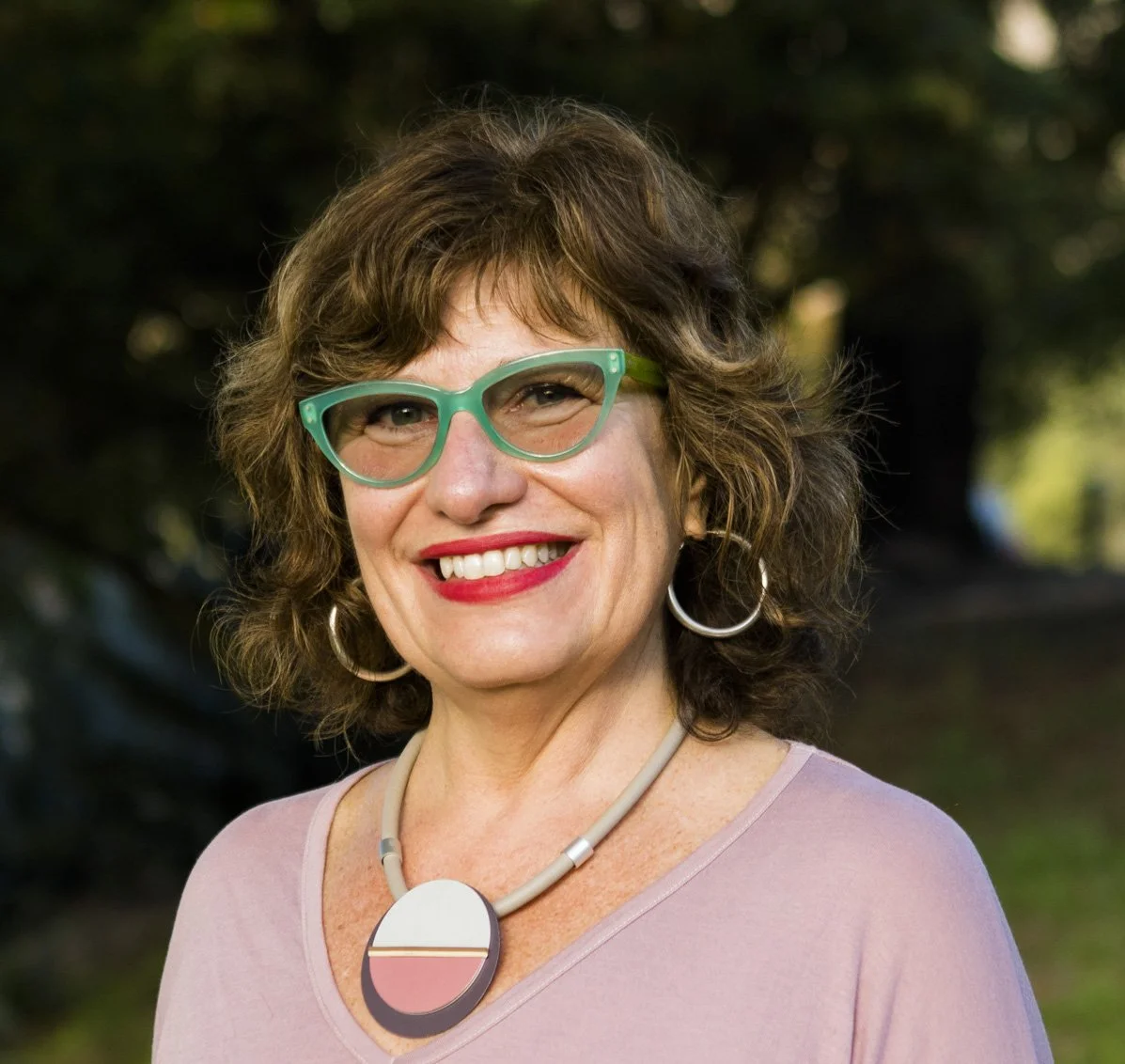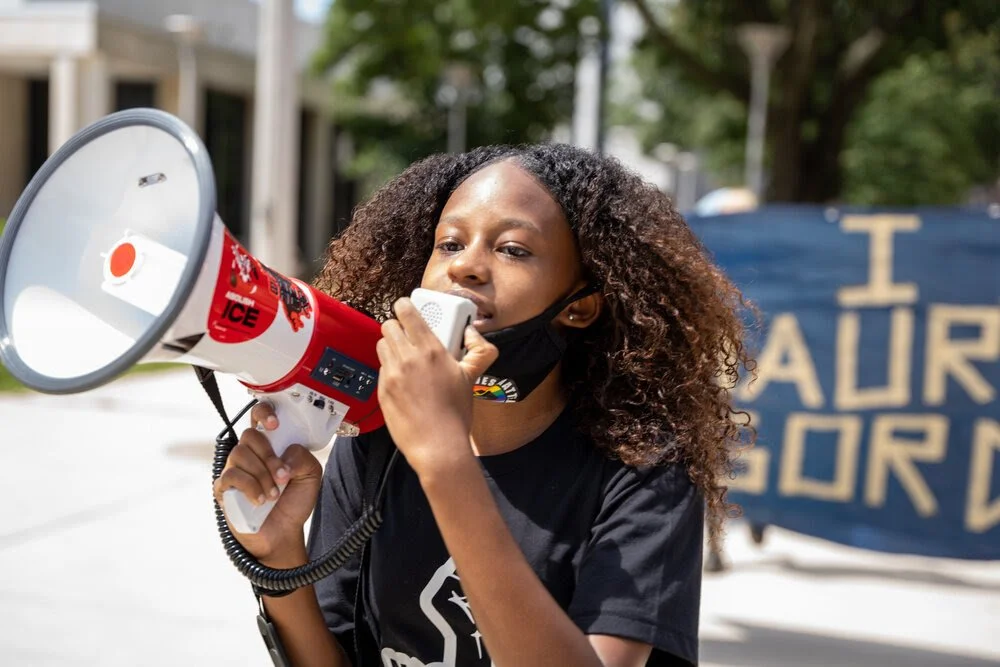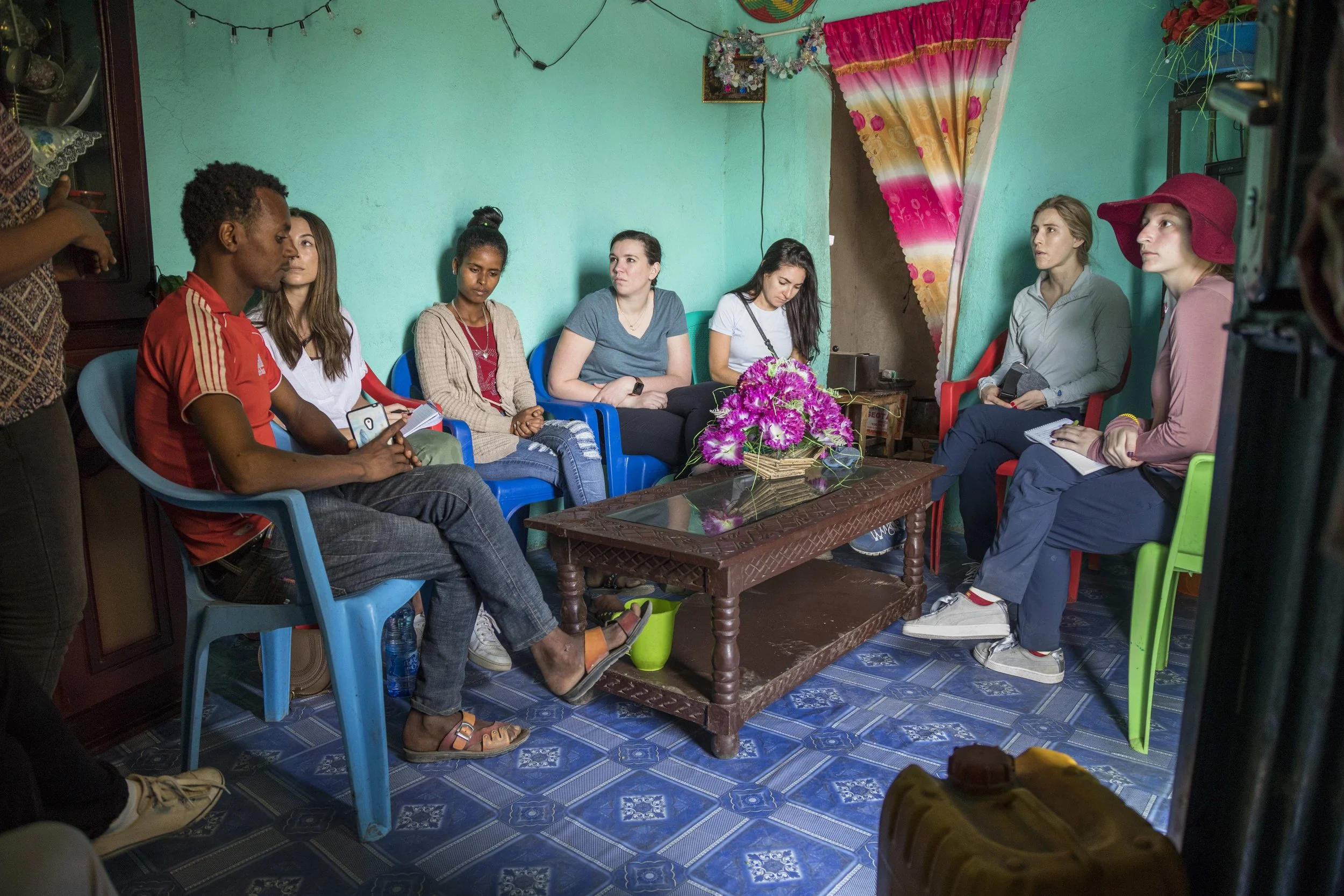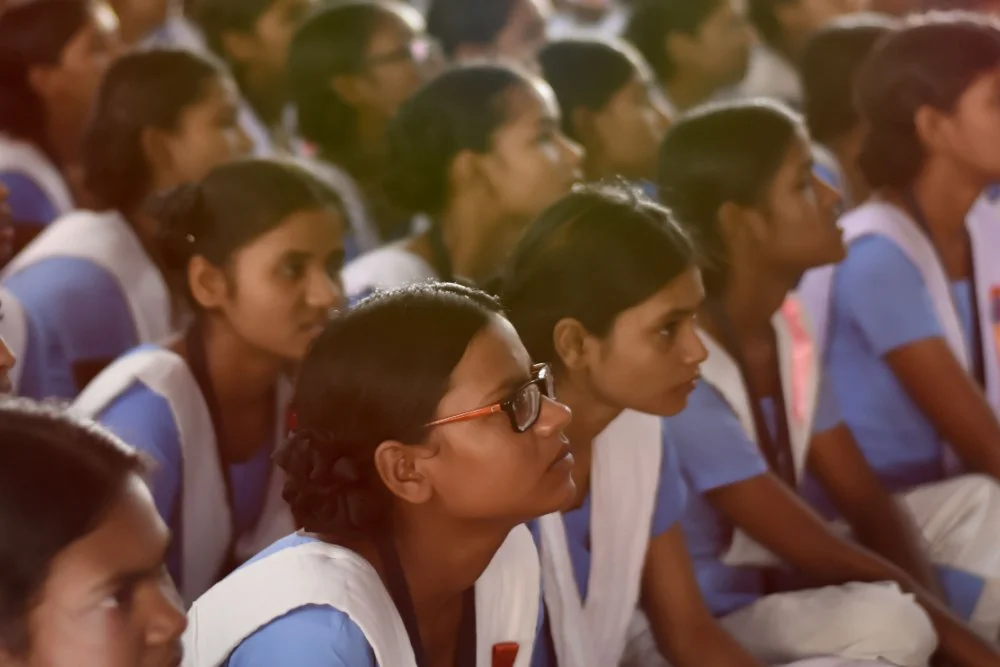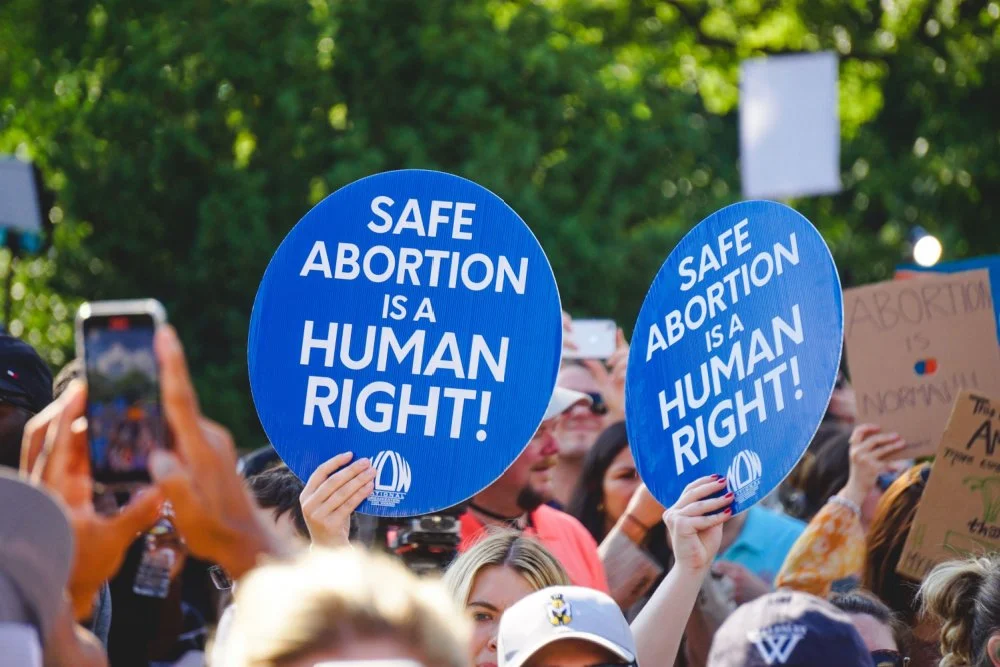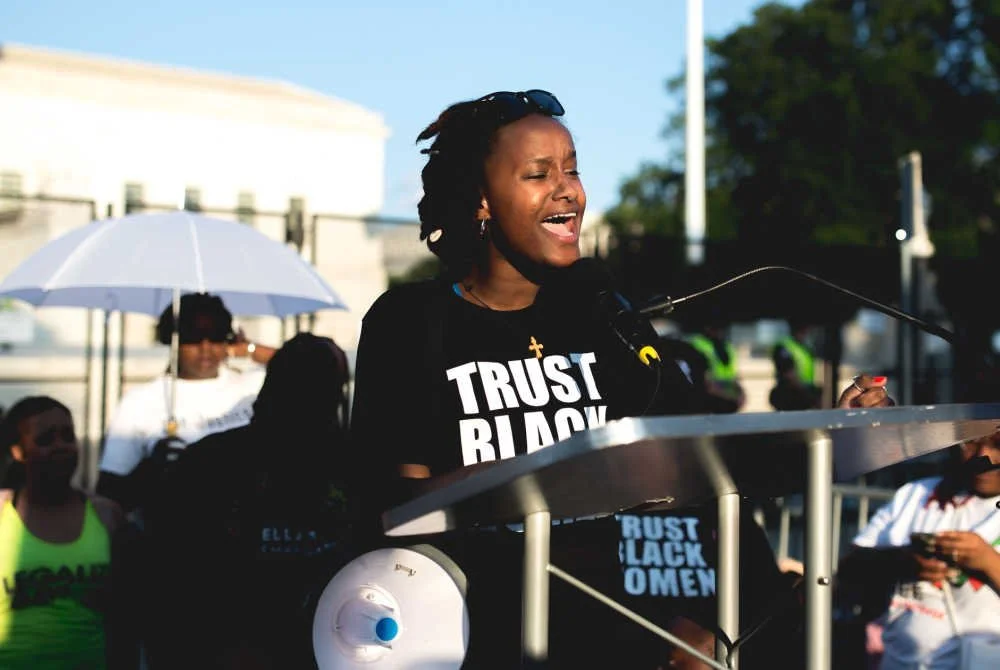The Nonprofit Funding Research to Change the Conversation Around Abortion Access
/photo: tommaso79/shutterstock
What would it take to increase access to the abortion pill—and how might research lead to changes in medicine, policy, health services delivery or cultural understandings? That’s the question posed by a recent call for proposals from the Society of Family Planning (SFP).
The abortion pill, also referred to as medication abortion, is available in the United States through a doctor. In most states, a doctor administers the first of two pills; the second is usually taken at home. The U.S. differs from other countries, which tend to allow nurses, pharmacists and community health workers to distribute the pills. The U.S. also limits medication abortion to pregnancies in very early stages, unlike several European countries. The hope is that new research will move the U.S. closer to countries with less restricted access.
This push to make medication abortion more accessible comes at a time when a growing number of women are living in parts of the U.S. where surgical abortions are not available. According to the Guttmacher Institute, 39 percent of women of fertility age lived in counties without an abortion clinic in 2014.
SFP supports work to advance sexual and reproductive health through research, education, advocacy, and professional development. It makes grants through its Research Fund. The call for proposals is part of a reboot of the society’s grantmaking to focus on research in the U.S. and prioritize broader impact, specifically making medication abortion more widely available and accessible.
Funding research that in turn can affect policymaking and court cases is a tactic that has worked for pro-choice advocates in the past. Research funded by about $200 million in philanthropic support reportedly played a big part in the landmark 2016 Supreme Court decision in Whole Women’s Health v. Hellerstedt that forbade states from placing restrictions on abortion services that unduly burdened women seeking abortions.
Much of that research was made possible by a surge in philanthropic support following a 2007 court ruling that allowed state legislators leeway to pass laws restricting abortion in cases where there was medical and scientific uncertainty. There was little public funding to explore the effects that dramatically limiting reproductive options had on women. Funders stepped in to fill the gap.
In its new work on medication abortion and other research efforts, SFP works as an intermediary. It makes and manages grants, but is also on the receiving end of philanthropic funding. According to the most recent financial information publicly available for SFP, the organization receives most of its income through donations.
SFP does not publicly share a list of its current supporters. The call for proposals makes clear that the nonprofit worked closely with a funder to revamp its grantmaking strategy to promote research that will reach beyond academic circles and seep into policy debates and cultural conversations.
SFP didn't respond to several requests for comment on the identity of its main backer or the exact nature of the role the funder plays in decision-making.
However, publicly available tax documents show that in 2014 and 2015, the Susan Thompson Buffett Foundation was SFP’s main backer. The foundation provided $3.7 million of the nonprofit’s $4.1 million in revenue in 2014, and $6.3 million out of $6.4 million total revenue in 2015. It's highly likely that Buffett is the funder behind SFP's new push on medication abortion.
The Susan Thompson Buffett Foundation is the top funder supporting access to abortion, both in the United States and around the world, though you might not know it from the low profile it maintains. The foundation is notorious for its lack of transparency. Its website touts only its work in education, despite the hundreds of millions of dollars it donates every year, mainly for reproductive health and rights.
The outfit has donated tens of millions of dollars to the Planned Parenthood Federation of America and local affiliates since 2010. In 2015 alone, the foundation donated about $40 million to the national organization, dividing several million more among its smaller state and local affiliates. It’s worth noting that Planned Parenthood provides a range of health services in addition to abortion, so it’s hard to say how much Buffett money went directly to providing abortions.
The foundation also gave $23 million in 2015 to the National Abortion Federation, a professional association for abortion providers, to maintain its hotline, which provides information and referrals to callers. That year, the last year for which public information is available on the foundation’s finances, the funder also gave to the National Women’s Law Center, as well as several other smaller pro-choice organizations.
It's not known how the Susan Thompson Buffett Foundation has changed its strategy or funding levels amid new threats to abortion rights from the Trump administration. It wouldn't be surprising, though, if the foundation has both increased its grantmaking and also become even more cautious about drawing attention to itself or where its money goes.
Buffett is the most prolific funder behind pro-choice groups, but is far from the only one. The William and Flora Hewlett Foundation has donated more than $10 million to Planned Parenthood since 2010, including about $2.4 million to the national organization in 2015.
The David and Lucile Packard Foundation is a steady supporter of pro-choice organizations through its program for population and reproductive health. In 2015, the foundation donated about $5.8 million to Planned Parenthood and $500,000 to the National Abortion Federation.
These are challenging times for organizations like Planned Parenthood that perform abortions. Even before Trump's election, women in many parts of the country faced rapidly shrinking access to abortion in states where restrictive laws have shut down clinics.
It's not surprising that the top foundation working in this space would be looking for new ways to ensure that abortions are available to women who want them. Nor is it surprising that the Susan Thompson Buffett Foundation would be so keenly interested in the promise of medication abortion. After all, it was Buffett money that largely bankrolled development of mifepristone, the key ingredient in RU-486.
Related:


